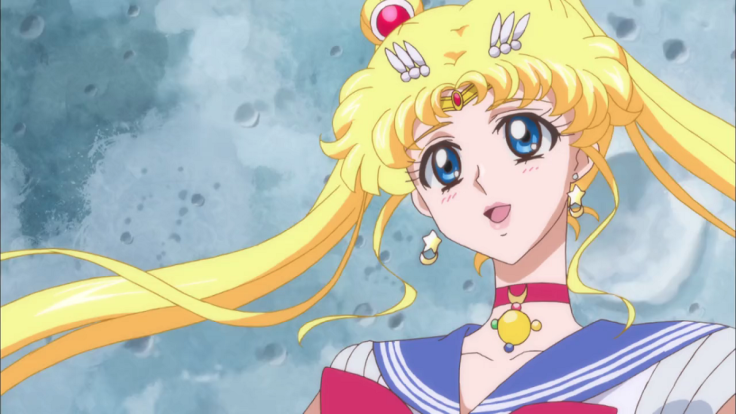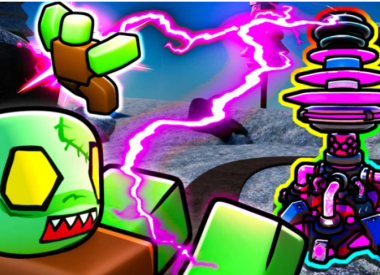Stephanie Sheh has voiced a bevy of legendary characters, from Usagi in Sailor Moon to Eureka in Eureka 7. Unlike many voice actors, however, Sheh has experience in directing as well, which leads her to understanding issues on both sides of the voice actor’s booth.
One of the things Sheh sees is called “result-oriented directing,” an older style of directing in which directors require actors play a particular result. The result could be anything from a specific emotion down to even the details of an expression. Many actors have difficulty with this style of direction because it causes a performance to lack the authenticity of a fully-fledged person who is sincerely going through those feelings – an actor focuses on hitting the beats a director demands rather than portraying a complete human being.
Result-oriented directing can cause performances to feel "more stiff and fake because the actor is trying to manufacture the emotion,” said Sheh. “If you're doing a play, your director's not gonna come and say, this line is sad, this line is happy. In a play, you'd get to kind of feel and experience it and it transitions into what it is.”
Sheh contrasts the freedom stage acting provides for exploring a character to anime dubbing, where technical considerations such as matching mouth movements provide hard limits on a voice actor’s freedom of expression. "You're matching picture, so you do kind of have to hit that spot," said Sheh. “It's a little trickier because you have to hit the moments and it has to match the animation, but you still try to have them find a way.”
Sheh gave an example of how results-oriented directing might work to the detriment of a voice actor’s performance. "If I say something about a scene that is about resentment or jealousy, I don't want to just direct for louder, grittier, or a line read, or singsong-iness. What ends up happening is it gets a little bit stale and pushed, like when you're trying too hard to sound mad or whatever."
Ultimately, said Sheh, directing with an eye to only what you as the director want means "you don't leave yourself open to a read that might be amazing, that you would have never thought of." For that reason, she said, "I think you have to be very careful as a director. There's a balance, you do need sometimes to be result-oriented because of the technical constraints... But you want to give them still some room to play and make the actor feel like they have some sort of agency over creating a character,” said Sheh.
Sheh also pointed out that newbie voice actors, fan voice actors or voice actors without an acting background may rely on line reads excessively, resulting in stale performances even from a director who is trying to give them freedom. “They're not going through all these emotions and they don't speak actor, so you give them a direction and they want a line read. They want to be told how to say it, instead of finding it and exploring and looking within themselves," said Sheh.
The solution, said Sheh, is to provide an actor with direction as clear and specific as possible after a take. “If you say, ‘That was awesome,’ and then you give me direction, I'm going to try to add your direction to what I just did, instead of switching gears. So you can be more specific. You can say, 'I loved your energy, but I think it's a little too shouted for this area.' Be very, very specific,” Sheh advised.
As an anime fan, do you notice the stale or pushed performances Sheh talks about? What are some of your favorite anime dub performances? Feel free to let us know in the comments section below.


















